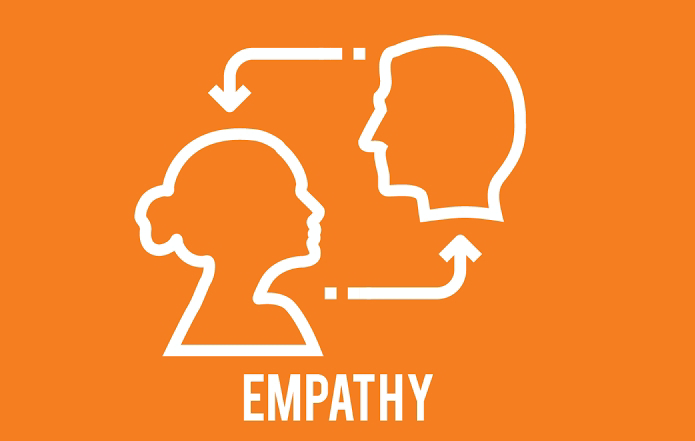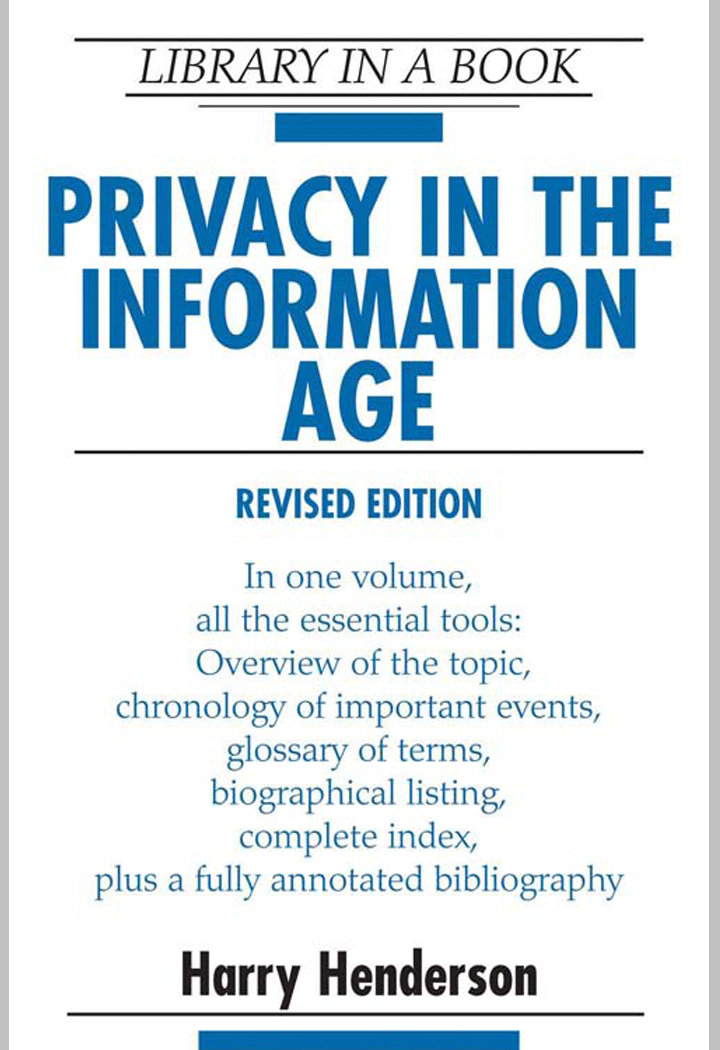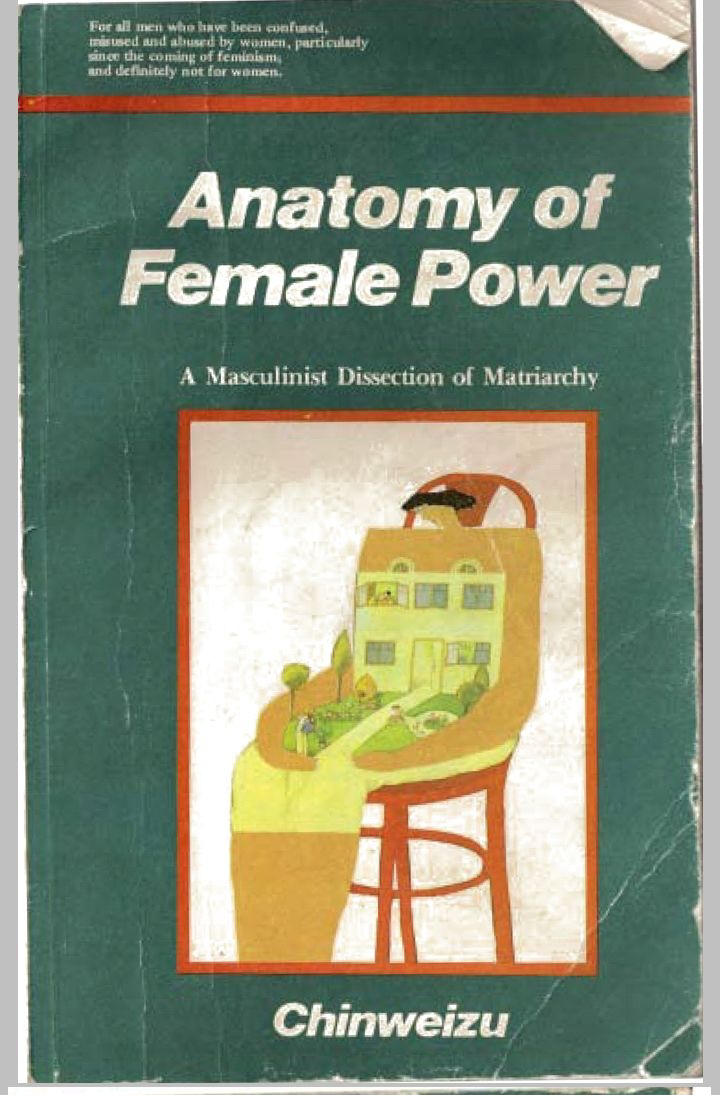Some Personal Notes on the Well

(June 2, 2022) This well - staple and free. It’s all we have, so well for who thirsts or waters, perforce either a ⁺drawer: Phone. Laptop. ‘Give me your phone!’ Yell. A gun. ‘And your laptop.’ I gave him. ‘Move back.’ He left. Now all in the world nigh ends - decaying I draw from the well no more The Dark Ages? Oh no! Maybe Medieval. Yes, eon. Tell me which, please. Well, here some agony. ...


